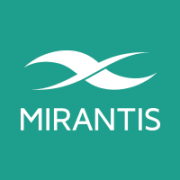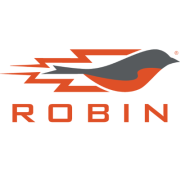Container Virtualization is a light-weight alternative to traditional virtualization, providing isolated application environments that share the same operating system without the overhead of separate virtual machines.
The top 5 Container Virtualization solutions are Mirantis Container Cloud, Canonical LXD, Flockport, CoreOS Rocket and Robin Systems, as ranked by PeerSpot users in March 2025. Mirantis Container Cloud received the highest rating of 8.6 among the leaders and is the most popular solution in terms of searches by peers, and Canonical LXD holds the largest mind share of 43.3%.
Something that sets Container Virtualization apart is its ability to streamline application deployment and management. By packaging applications and their dependencies into containers, it simplifies the process of moving applications across different environments. This technology is highly favored by developers and IT professionals for its portability, efficiency, and ability to support modern DevOps practices.
What are the critical features of Container Virtualization?In industries like finance, healthcare, and technology, Container Virtualization is often implemented to enhance application portability and scalability. Financial institutions use it for secure, isolated environments to run trading algorithms, while healthcare providers leverage it for seamless application updates without downtime.
Container Virtualization is beneficial for organizations because it streamlines the deployment process, enhances productivity, and reduces costs associated with application management. Its efficiency and portability make it an attractive solution for modern IT infrastructures.












